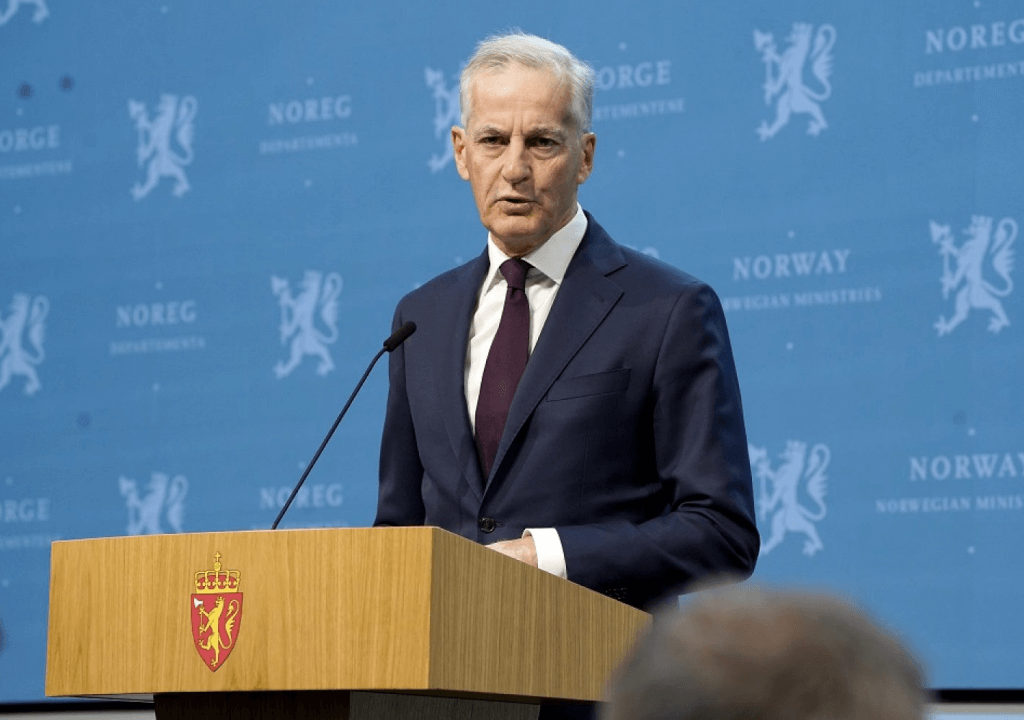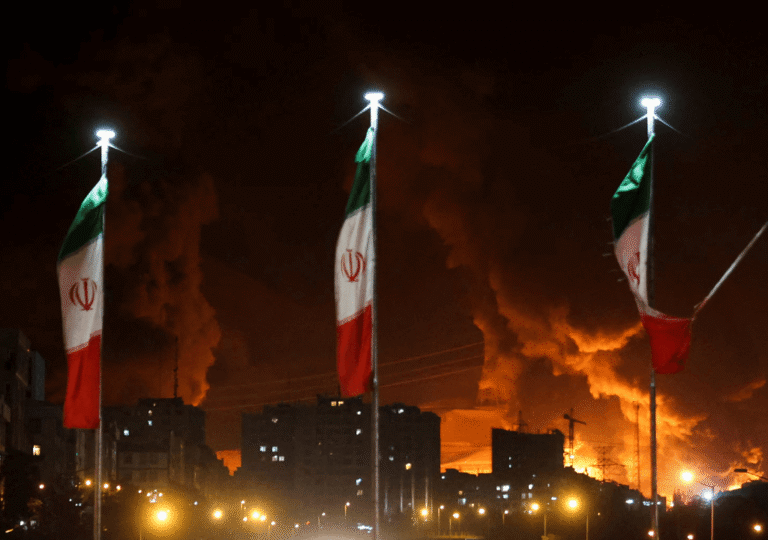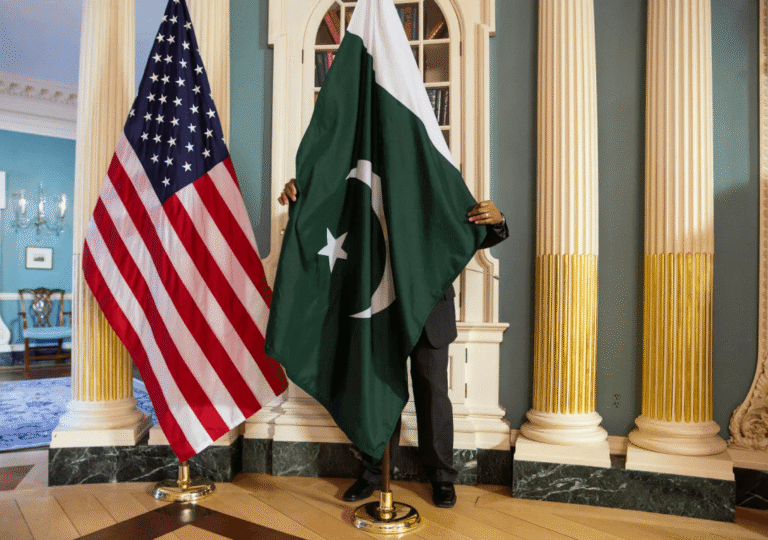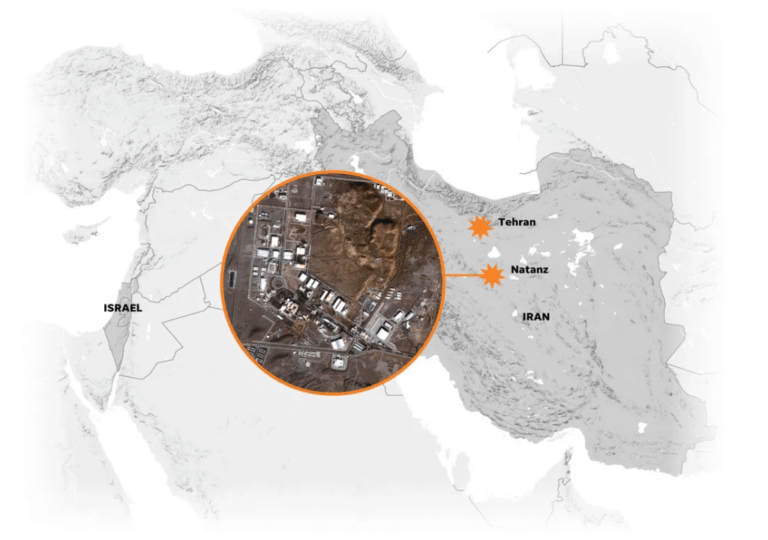The core of the Israel-Palestine issue is religion, a very sentimental issue, but everyone outside these religious fundamentalisms finds a two-state solution feasible: Israel for Jews and Palestine for Muslims – two independent states. Plans for this have existed since the beginning of the conflict. While the 1948 plan for Arab statehood was supported by Israel, it was rejected by the Arabs, who sought full control of the land in the name of Palestine. Now, Palestine is suffering for that bad decision. It is widely understood that the lack of statehood or UN membership for Palestine is one of the main reasons there are no significant diplomatic efforts to quickly resolve Israel’s war in Gaza. Since it is a conflict within Israel’s borders, other countries have limits on intervening in their domestic matters. Many believe that recognizing Palestine, which includes Gaza and the West Bank, as an independent country would make Israel and Palestine equal and help avoid further conflicts.
However, unlike in 1948, Israel is not ready to recognize Palestine in modern times, and it has influenced Western countries to refrain from recognizing Palestine. Islamic countries, as well as Asian, African, and Latin American countries, have previously recognized Palestine, but until Israel does, Palestinian statehood remains distant. Mutual reluctance to acknowledge each other’s existence, a highly fragmented Palestinian leadership, and the rising influence of terrorist organizations like Hamas have nearly ended the scope of the two-state solution. However, in a turn of events, some European countries with strong ties to the United States and Israel are now moving to recognize Palestine, providing a significant blow to Israel and hope for Palestine.
The Norwegian, Spanish, and Irish governments have made headlines by announcing their intention to recognize the state of Palestine, and they have commenced actions for diplomatic procedures. These European countries, which have traditionally allied with the United States and have strong diplomatic relationships with Israel, are now choosing not to follow the usual pattern of Western countries that align with the United States. Although European Union countries like Poland, Hungary, Romania, the Czech Republic, and Sweden, as well as NATO member states like Turkey, have previously recognized Palestine, Western European countries have generally avoided doing so. The recent decisions by these three governments, Norway, Spain and Ireland, to recognize Palestine were influenced by their respective policies and increasing protests against Israel’s actions in solidarity with Gaza.
Norway, which has always advocated for human rights, decided to recognize Palestine in connection with the humanitarian crisis in Gaza. They have shown interest in this issue for years, having hosted the Israeli-Palestinian peace negotiations in the early 1990s that resulted in the Oslo Accords, which gave Palestine sovereignty over the West Bank and Gaza. Norway has played a crucial role in Middle East diplomacy. Amid the Gaza conflict, Norway emphasized that recognizing Palestine is essential to support moderate voices. Prime Minister, Jonas Gahr Støre, advocated for a two-state solution and peaceful coexistence.
Spain’s Prime Minister, Pedro Sánchez, a leftist leader who has been vocal against Israel’s actions for months, has frequently accused Israel’s Prime Minister, Benjamin Netanyahu, of carrying out a “massacre” in Gaza and jeopardizing the two-state solution. These statements are usually not expected from Western leaders, and his actions are seen as a continuation of his statements.
The third country following this momentum is the Republic of Ireland. The Irish Prime Minister, Simon Harris, expects other countries to join Ireland, Spain, and Norway in recognizing a Palestinian state in the coming weeks. However, he also supports Israel’s call for neighborhood safety and the return of hostages
While these government decisions are made in the context of the ongoing Gaza war, experts believe that Hamas’ attacks on Israel and Israel’s retaliation have severely affected Palestine’s statehood dreams. When the Abraham Accords, brokered by the Trump administration, prospered and Arab countries increasingly started to recognize Israel, many believed it would lead to peace in the region. There were even reports that Saudi Arabia, the big, rich, powerful Arab country, was closer to starting official relations with Israel and demanded recognition of Palestine from Israel. That was the best move for Palestine to date. Many believe that if the momentum induced by Trump in the Israel-Arab relationship had continued, or if there were a second Trump administration, there would be a high chance for Palestine’s statehood in return for Saudi Arabia and others recognizing Israel and more treaties in the region regarding safety. But this collapsed when Iran-linked Hamas, the rulers of Gaza, conducted a terrorist attack in Israel. Now Israel believes that even with its recognition, Hamas will still pose a threat to Israel, and tragic incidents like October 7th will happen again. So there is no chance for giving recognition to Palestine in return for normalization with Saudi Arabia. Additionally, during the flourishing of the Abraham Accords, there were reports that Western countries like the UK were likely to recognize Palestine, which would have been a huge leap for Palestinian statehood.
Now, three important European states have unilaterally decided to recognize Palestinian statehood. Though the movement may not immediately bring about the realization of a Palestinian state, as of now, around 140 of the 193 UN member states have recognized Palestinian statehood and yet Palestine has not been established. However, there will be several political impacts. For Israel, amidst protests about prolonged war, Israelis are now aware that their country is increasingly being treated as a pariah and becoming ever more diplomatically isolated. Western countries, the long term allies are also ready to work against them. A big warning for Israel. In Europe, this movement will further deepen political divisions, as there are predictions of far-right progress in upcoming general elections, with most of them harboring animosity towards Muslims and migrants. In Spain, the split will further evolve due to serious discontent over the President’s recent actions. Therefore, there will be political implications for these countries in both domestic and international politics. For Palestine, the free state will only work with the recognition of Israel; otherwise, there is no chance. The Western European countries that recognize Palestine will merely add some numbers to their supporter’s list.








